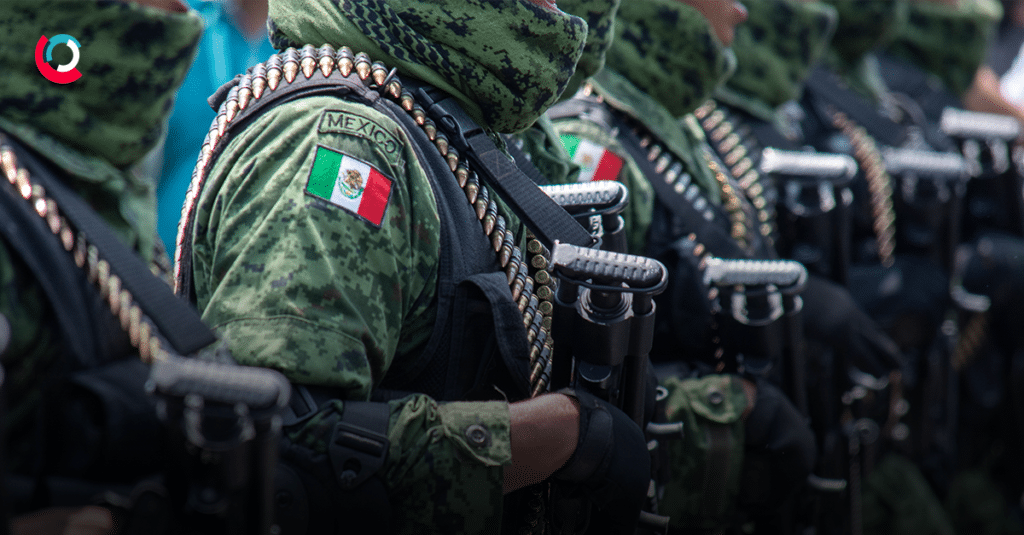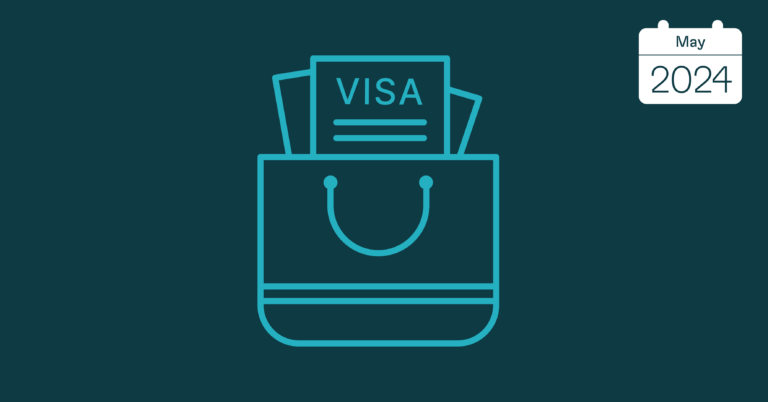By Marco Túlio Lara
Growing military primacy in Mexico
Since taking office in December 2018, Mexican President Andrés Manuel López Obrador (AMLO) has deepened the country’s use of the military to solve social problems. AMLO was formerly an advocate of the removal of soldiers from the streets and critic of previous administrations for their deployment of the military to fight the War on Drugs.
In 2019 the president extinguished the Federal Police and created the civilian-led National Guard, borrowing members from the army and navy. In September 2022, he got Congress to approve the handover of control of the National Guard to the army. Even though the Supreme Court ruled the move was unconstitutional, AMLO promised to try again to put the Guard under military control. His persistence is no surprise since, in October 2022, he also got congressional approval to extend the role of the armed forces in public security until 2028. While the military has been implicated in human rights abuses – most infamously, the 2014 forced disappearance of 43 students in Iguala – they are generally more trusted by the public and better-equipped than state and municipal police to respond to cartel violence.
AMLO himself used to think that Mexico’s seemingly endless War on Drugs could use a change in tactics. In the years prior to his election, the targeted removal of high-level cartel leaders resulted in criminal organisations fragmenting into smaller, even more violent factions fighting to assert dominance. But the president has proven instead to be an even bigger enforcer of military primacy than his predecessors, charging soldiers with tasks that apparently have no connection with law enforcement. This includes the construction of airports, hotels and a train network, as well as operating an airline, ultimately bringing the military further into civilian activities.
Greater control tactics to combat gang violence in El Salvador
With high levels of criminality and unrest, El Salvador is another country that turns to the military to solve issues that would normally be under the responsibility of civilian-led public security institutions. President Nayib Bukele took office in June 2019 on an anti-corruption campaign and stated that he would not implement mano dura (“strong-hand”) policies to combat gang violence like his predecessors.
Bukele initially promised not to pursue truces with criminal gangs like MS-13 and Barrio 18 – even putting a former president on trial in absentia for doing so. However, he is alleged to have done just that up until March 2022, when murder rates again soared nationwide. This resulted in a harsher government response than before. Bukele’s seven-phase Territorial Control Plan is a national security strategy heightening police and military presence in municipalities across the country, including San Salvador, modernising the equipment used by security forces and aiming to double the personnel of the armed forces in the span of five years.
Linked to this, the president has been continuously renewing a gang violence-related nationwide state of emergency (SoE) since March 2022. The SoE restricts the right to assembly, for criminal suspects to be informed of rights and to have access to a lawyer, and also extends from 72 hours to 15 days the time that a person can be held in custody without charges. Over 68,000 suspected and actual gang members remain in indefinite detention in overcrowded prisons.
Set on his goal of eradicating gang violence, Bukele has drawn criticism over his alleged authoritarianism. In February 2020, the president used security forces to intimidate legislators to approve a multimillion-dollar loan to boost his security strategy by having armed soldiers enter the Legislative Assembly as he addressed the lawmakers. Since February 2021 the National Assembly has been dominated by Bukele’s party. In May 2021 the National Assembly removed the country’s attorney general, who had stated his intention to investigate Bukele’s alleged gang truces, and five judges from the Supreme Court.
Similarities in the quest for an efficient public security policy
When observed up close, there are striking similarities between AMLO and Bukele, and also between the public security policies of Mexico and El Salvador dating from before their current presidents.
AMLO and Bukele are both contradictory. AMLO was strongly opposed to militarisation while Bukele said he would not resort to securitisation, but both of them made a u-turn to fight criminality. As was anticipated, the crackdown led and continues to lead to multiple allegations of human rights violations in both countries, with human rights groups constantly calling the attention of the international community to such events. However, both leaders retain high approval ratings, demonstrating majority public support for their public security initiatives. Many citizens of both countries reportedly approve of a reelection bid for both presidents, something prohibited by the constitutions of both nations. While AMLO has already stated that he will not try to subvert the law and run for a second term, Bukele has defied the ban by announcing he will seek reelection.
Leaders before AMLO and Bukele also tried the militarisation approach and were not successful. In fact, one more thing the two presidents have in common is the lesson they did not seem to learn: because militarisation is the easy fix and could potentially present satisfactory statistics at first, military deployment can be protracted throughout governments, which is what is happening in both countries, but is ultimately unlikely to solve the problem.















